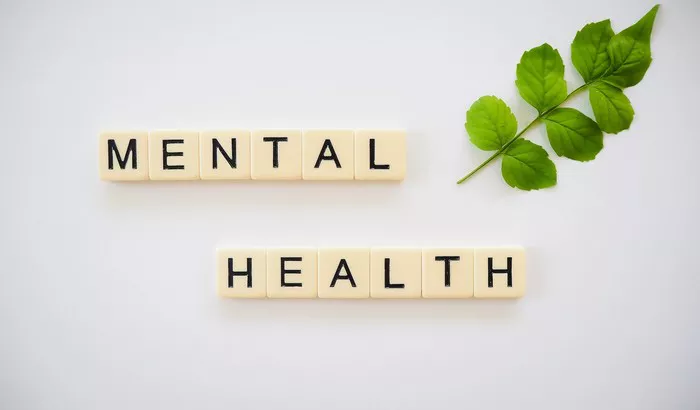The digital mental health market has exploded in recent years, with thousands of mental health apps now available and global investments exceeding $5 billion in 2025 alone. These tools range from AI chatbots providing cognitive behavioral therapy to virtual reality exposure therapy for phobias. A comprehensive review in JAMA Psychiatry analyzed data from 150 studies and found that well-designed digital interventions can be as effective as face-to-face therapy for certain conditions, particularly mild to moderate depression and anxiety. The most successful apps combine evidence-based therapeutic techniques with personalized algorithms that adapt to users’ needs.
One of the most significant advantages of digital mental health tools is their ability to overcome barriers to care. They provide 24/7 access, eliminate geographical limitations, and often cost significantly less than traditional therapy. For populations that face stigma in seeking help—such as men, certain ethnic groups, and high-profile professionals—anonymous digital platforms can serve as crucial first steps toward treatment. Some employers and health insurers are now offering premium subscriptions to mental health apps as part of their benefits packages, recognizing their potential to improve workforce mental health.
However, serious concerns persist about the largely unregulated digital mental health landscape. Many apps make exaggerated claims without scientific backing, and privacy policies are often opaque regarding how sensitive mental health data is used. There’s particular concern about apps using conversational AI, which may provide inappropriate or even harmful responses to users in crisis.
The lack of human oversight in many platforms raises ethical questions about their use for serious mental health conditions. Professional organizations are calling for stricter regulation and quality standards, while still acknowledging the important role these tools can play in expanding access to mental health support.
As the field matures, the most promising path forward appears to be “blended care” models that combine digital tools with professional oversight. Some innovative clinics now use apps to enhance traditional therapy, allowing patients to practice skills between sessions and providing therapists with valuable data about their progress. This hybrid approach may represent the future of mental health care—one that harnesses technological innovation while preserving the irreplaceable human elements of healing.


